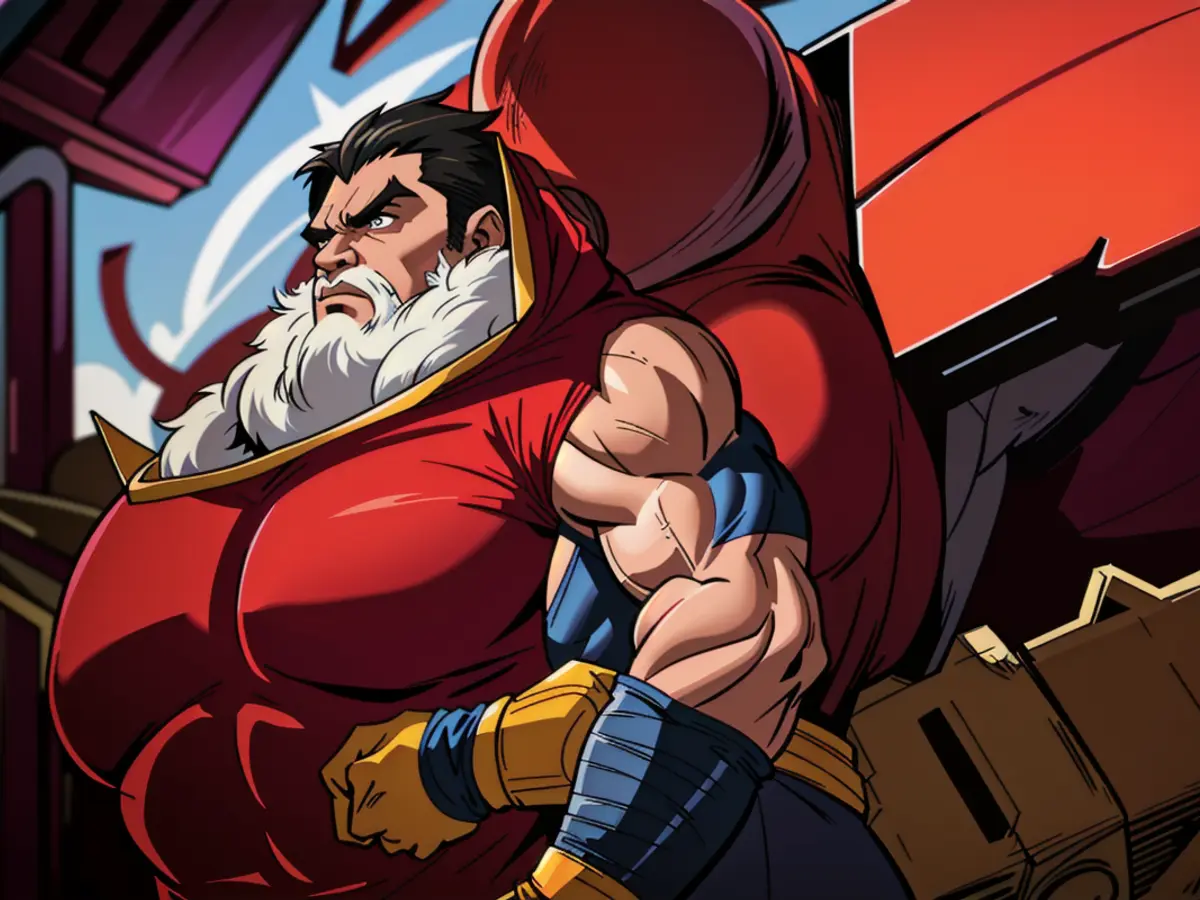Title: Stepping Up to Progress: How Leaders can Conquer Change and Foster Powerful Culture
As a seasoned executive coach and business owner, I've noticed that resisting change is one of the most significant obstacles preventing family-owned business (FOB) leaders from achieving real growth. According to AI-driven research, this is one of the top challenges successful leaders face in FOBs.
The attachment to tradition and legacy, along with the founder's active involvement in daily operations, can make it challenging for FOBs to embrace new strategies for future development. It's crucial for leaders to honor their past successes while being flexible and open to change.
The Intelligence of Change
Based on my experiences, this resistance to change is often the most restricting factor that prevents FOB leaders from making significant improvements.
Robert Kegan and Lisa Laskow Lahey, in their book "Immunity to Change," argue that leaders need to enter a higher level of mind development, known as the self-transforming mind, to overcome the resistance to change and unlock their potential. This mindset allows leaders to reflect on their biases, value diverse perspectives, challenge their assumptions, and foster innovation.
Only a small percentage of leaders reach this level, according to Kegan's extensive research.
The Journey of Behavior Change
Why do people struggle with change? James Prochaska, a psychology professor and co-author of the Stages of Change model, explains that they lack the knowledge and skills to make a successful transition.
Prochaska's Stages of Change consist of:
- Precontemplation: The person is not actively considering change.
- Contemplation: The person is weighing the pros and cons of change.
- Preparation: The person has decided to make a change and is planning how.
- Action: The person is implementing the change.
- Maintenance: The person has maintained the change for a set period.
- Termination: The person has permanently incorporated the change into their life.
Understanding this process and receiving expert guidance can help individuals overcome resistance to change. In the context of leadership, this is particularly important since many leaders repeatedly fail to make the necessary changes despite their best intentions.
Guiding Change with Stakeholder-Centered Coaching
To support leadership transformation, I advise utilizing Stakeholder Centered Coaching (SCC) developed by Marshall Goldsmith. SCC helps leaders identify areas they need to improve in their competencies and receive ongoing feedback from key stakeholders, ensuring they make meaningful changes.
This process involves selecting six to 10 stakeholders, conducting a 360 assessment of their competencies, and working on one or two areas for improvement. Leaders then request feedback from their stakeholders on specific behaviors they need to change, making it easier for them to measure their progress.
Enhancing Leadership with Character Strengths
The VIA Character Strengths tool is also a valuable tool for leaders looking to improve their self-awareness and manage imposter syndrome. Recognizing their unique strengths helps leaders believe in themselves and mitigate feelings of inadequacy, making them better equipped to handle change.
By fostering a culture of empathy, emotional intelligence, and growth, leaders can develop a self-transforming mind and navigate the complex challenges of family-owned businesses.
Overcoming Fear for a Resilient Future
Leaders often resist change due to a fear of losing control. By establishing monitoring conditions within the organization, leaders can empower employees to take the lead in areas where others are better suited. This fosters a culture where everyone contributes to the company's vision and values, ultimately creating a resilient future.
As Napoleon Bonaparte said, "Courage isn't having the strength to go on—it is going on when you don't have strength." By embracing change, developing emotional intelligence, and empowering their teams, leaders can cultivate the strength and courage they need to tackle challenges and drive lasting growth.
Do I qualify for Our Website Coaches Council?
After reading about the various challenges FOB leaders face in embracing change and the importance of overcoming resistance to change for significant growth, Dominik Szot, as a potential member of the Our Website Coaches Council, could benefit from the expert guidance and tools provided by Robert Kegan and Lisa Laskow Lahey's self-transforming mind approach, James Prochaska's Stages of Change model, Stakeholder Centered Coaching, and the VIA Character Strengths tool. By leveraging these resources, Dominik Szot could work towards developing a stronger self-transforming mindset, implementing strategies for successful change, and ultimately driving growth in his own leadership role.







